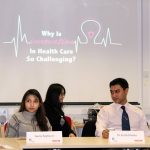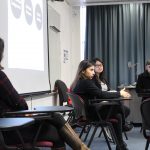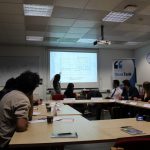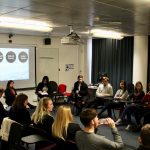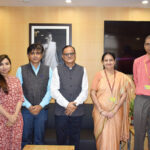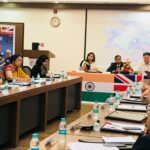POLICY EXPERT
ADVISORY & CONSULTANCY
Dr. Raghavan has advised & provided consultancy services to several industries, startups, third sector organisations and governments. Her body of work includes but is not limited to experimental designing & modelling, conceptualising innovative R&D roadmaps, troubleshooting scientific problems, providing evidence-based expert-opinions, leading advocacy & negotiations on behalf of clients to foster partnerships.
FEW SELECT PROJECTS
- As the Vice-Chair for the Working Group on ‘AMR in Post-COVID-19 India’, a project initiated and sponsored by the Department of Science & Technology (GoI), Royal Society of Chemistry, British Council & TATA Technologies, she is a co-author of the white paper on strategies to combat AMR in India and is in-charge of external stakeholder management.
- Designed the study to capture gender equity in the Indian Chemical Sciences community, and sole authored the evidence-based policy report on ‘Accelerating Equality in India’, a project commissioned by the Royal Society of Chemistry; to be launched in 2024.
- Devised new strategies to initiate and nurture industrial and academic collaborations, particularly in pharmaceutical sciences sector for the Dr. Reddy’s Institute of Life Sciences.
- Mentored and developed strategies/experimental designs to gain regulatory approvals and ‘market fitness’ for 4 health and medtech startups.
- As the Lead for Research Development & International Collaborations verticals of a lean startup team, at the Jio Institute, a green-field university Institution of Imminence by the Government of India promoted by Reliance Industries Limited —
- Developed a multidisciplinary AI-centric research vertical, by establishing robust policies, procedures, and a sustainable strategy
- Developed strategic models of partnership, particularly for research cooperation and student & staff exchange with international universities.
- Secured partnerships with the University of Toronto, University of Manchester & Nanyang Technological University for academic and research cooperation
- Led the development of Master’s programmes in Public Health & Life Sciences
POLICY-MAKING & DIPLOMACY
In her previous role as the Senior Science & Innovation Adviser , Science & Innovation Network, UK Government, Dr. Raghavan strengthened India-UK bilateral dialogue by fostering academic collaborations & private-public partnerships. She developed evidence-based strategic plans to align the UK & India’s aspirations for a sustainable future. She successfully conducted multinational health policy roundtables with the active support and participation of concerned Indian Ministries on various topic of public welfare such as antibiotic misuse, innovative cancer therapies and use of big data in health.
Dr. Raghavan also doubled as Lead for all sciences & innovation related policy dialogues in West India. Her work extensively informed & influenced UK’s science & tech policy for India, and enabled UK to be perceived as the ‘partner of choice’ for India’s growth and advancement in the sector.
POLICY RESEARCH & ADVOCACY
In her previous role as the President (2016 - 2017) of the Global Health Policy Centre, Kings Think Tank, U.K’s largest youth-led policy association, Dr. Raghavan
- Successfully lobbied decision-makers to effectuate policy changes on various topics of public health in the UK
- Secured multiple grants to finance our activities
- Published the first-ever collection of research and policy ideas in global health
- Facilitated multi-sectoral consultations to establish a roadmap for building a cooperative innovation ecosystem post-Brexit
- Organised the first-ever tour to lobby and discuss our policy recommendations with Dr. Shekhar Saxena, Director of Mental Health & Substance Abuse, WHO
KEY FOCUS AREAS
Challenging Healthcare Needs Of Refugees
Globally, 65 million people have been displaced from their homes by war, out of which 21 million are refugees. The vast majority of them come from middle-income countries with good baseline health indicators. Unlike refugees in the past who were plagued by infectious disease and malnutrition, they are now mostly burdened by the traumatic experience and chronic diseases (such as diabetes, hypertension, HIV, etc.), neither of which humanitarians are used to working with.
Improving Preventive Medicine
& Emergency Response
Healthcare can be classified as primary care, hospital care and public health. While much progress has been made in the former two areas, public health, especially preventive medicine (eg. health education, vaccination and screening), often takes a backseat. Poor nutrition and sanitation have consumed more lives than deadly pathogens. A heavy price has also been paid for the poor response to and ill-management of the Ebola and Zika outbreaks. The narrative, therefore, needs to shift to improving preventive medicine and building a robust global emergency response system.
UnBrexiting UK's Healthcare System
The United Kingdom faces an uncertain future following the decision to leave the European Union. This marks the undoing of years of collaborative medical research, shared medical practices and regulatory processes. With the health and social care system at its knees, there is a need to open dialogue on issues such as improving the healthcare task force, establishing regulatory bodies for drugs and greater involvement of SMEs specialising in medical technologies and diagnostics.
SEMINARS & EVENTS
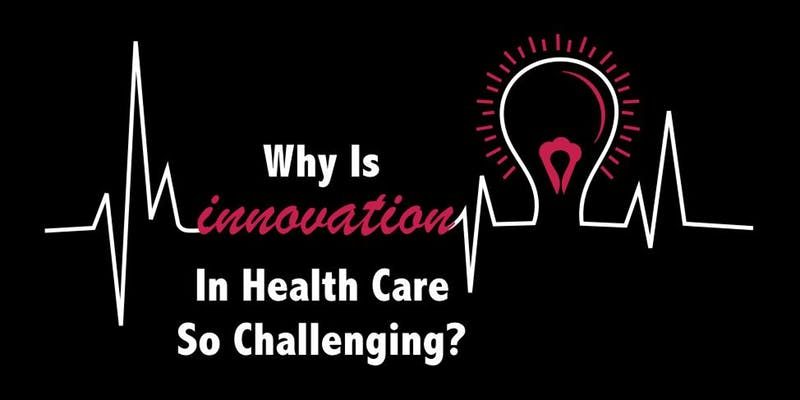
Policy Roundtable: Why is innovation in healthcare so challenging?
Leaving the EU has widespread implications on the UK’s healthcare system. It limits the exchange of knowledge, research and technology with our neighbouring countries. At present, it is extremely hard for U.K. based innovators and researchers, especially SMEs to scale and market their innovations. The roundtable discussed potential solutions to improve health innovation and how the government, NHS and universities can play a greater role in training and supporting entrepreneurs.
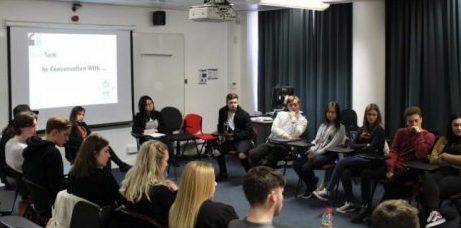
Policy Roundtable: Let's Talk: Young People's Mental Health & Emotional Wellbeing
Mental illness is one of the leading causes of health concerns across the globe, nearly 70% of children and young people do not receive timely and adequate medical intervention. The roundtable focused on understanding the reasons that prevented affected individuals from seeking medical help.
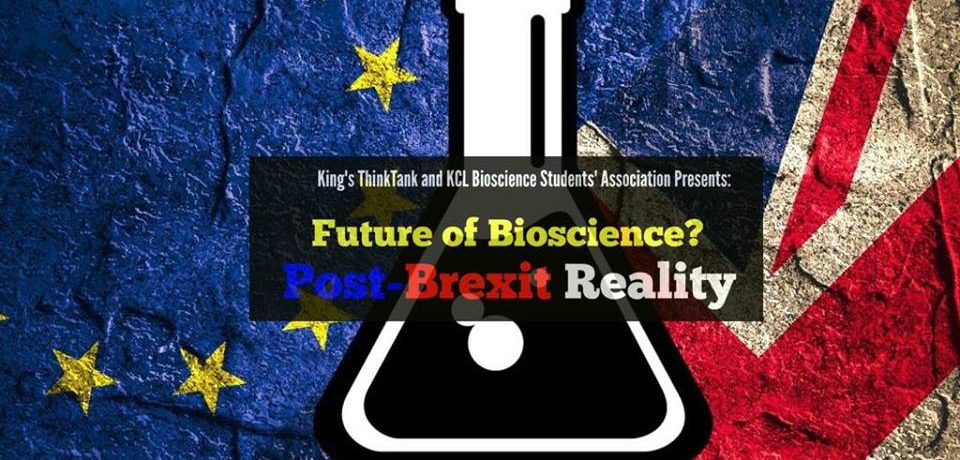
Seminar: Future of Bioscience? Post-Brexit Reality
Panellists Professor Sir Robert Lechler, Vice President and Executive Director of King's Health Partners and Dr Virginia Acha, Executive Director Research, Medical and Innovation at the Association of the British Pharmaceutical Industry, discussed the bioscience industry and how they perceive the reality of Brexit to impact on their work and future opportunities within this field. This will then be followed by a question and answer session with the audience.
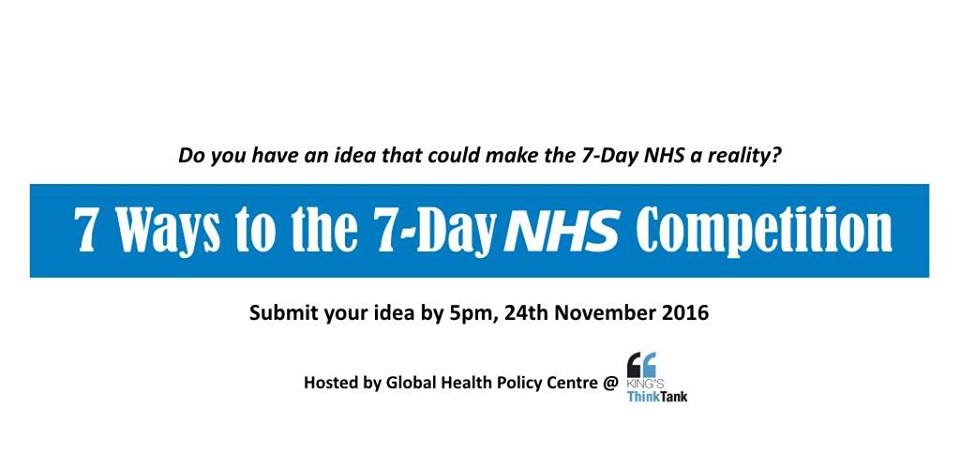
Policy Competition: 7 ways to keep the 7-day NHS
The gradual decline of the NHS' performance has made the dream of a 7-Day NHS less tangible. The Global Health Policy Centre invited ideas from health students to reform the NHS. The 7 best entrants were invited to a policy writing workshop and offered support in publishing their pieces. The best entry of the competition was offered a free trip to the WHO headquarters in Geneva.
